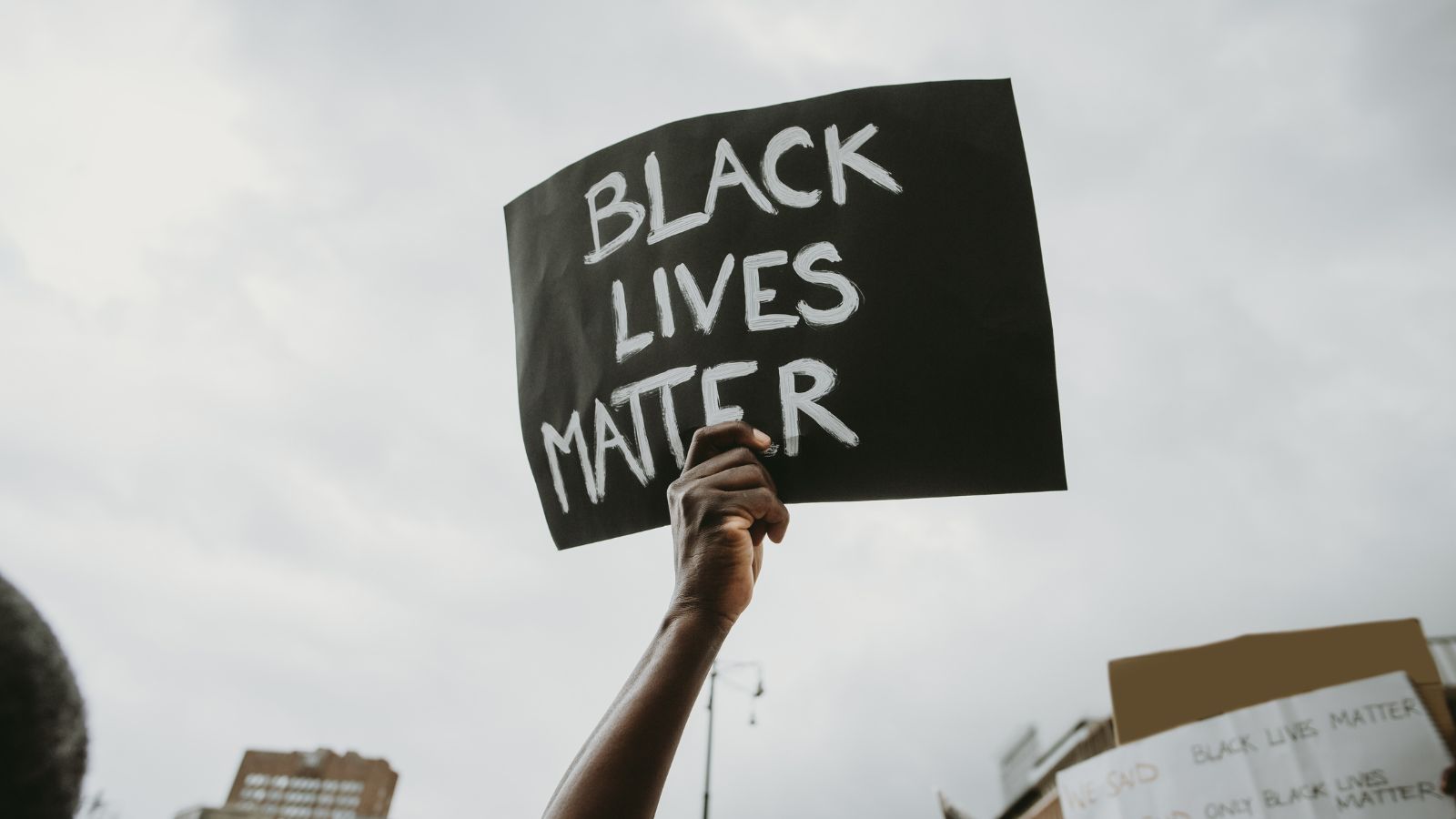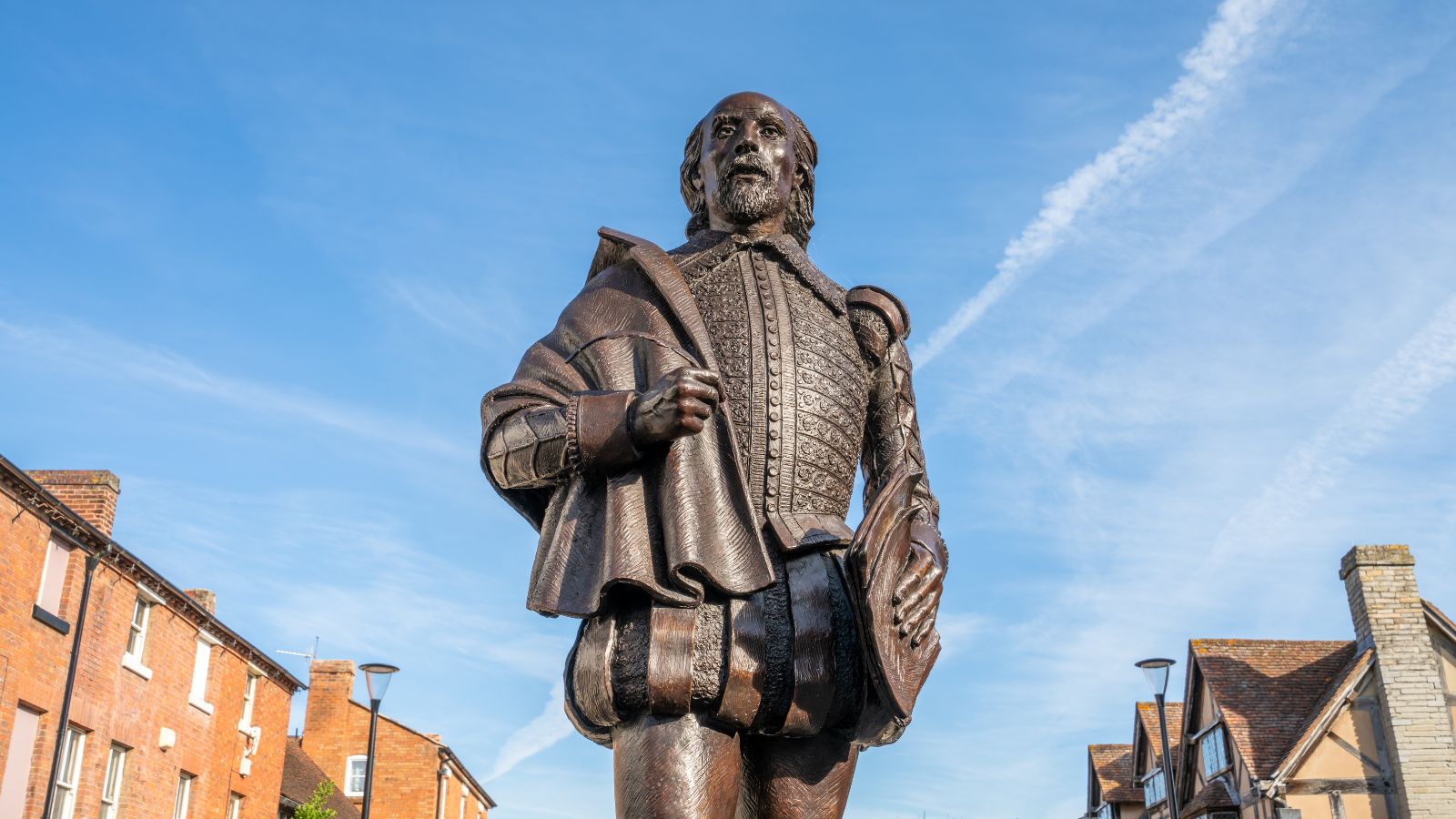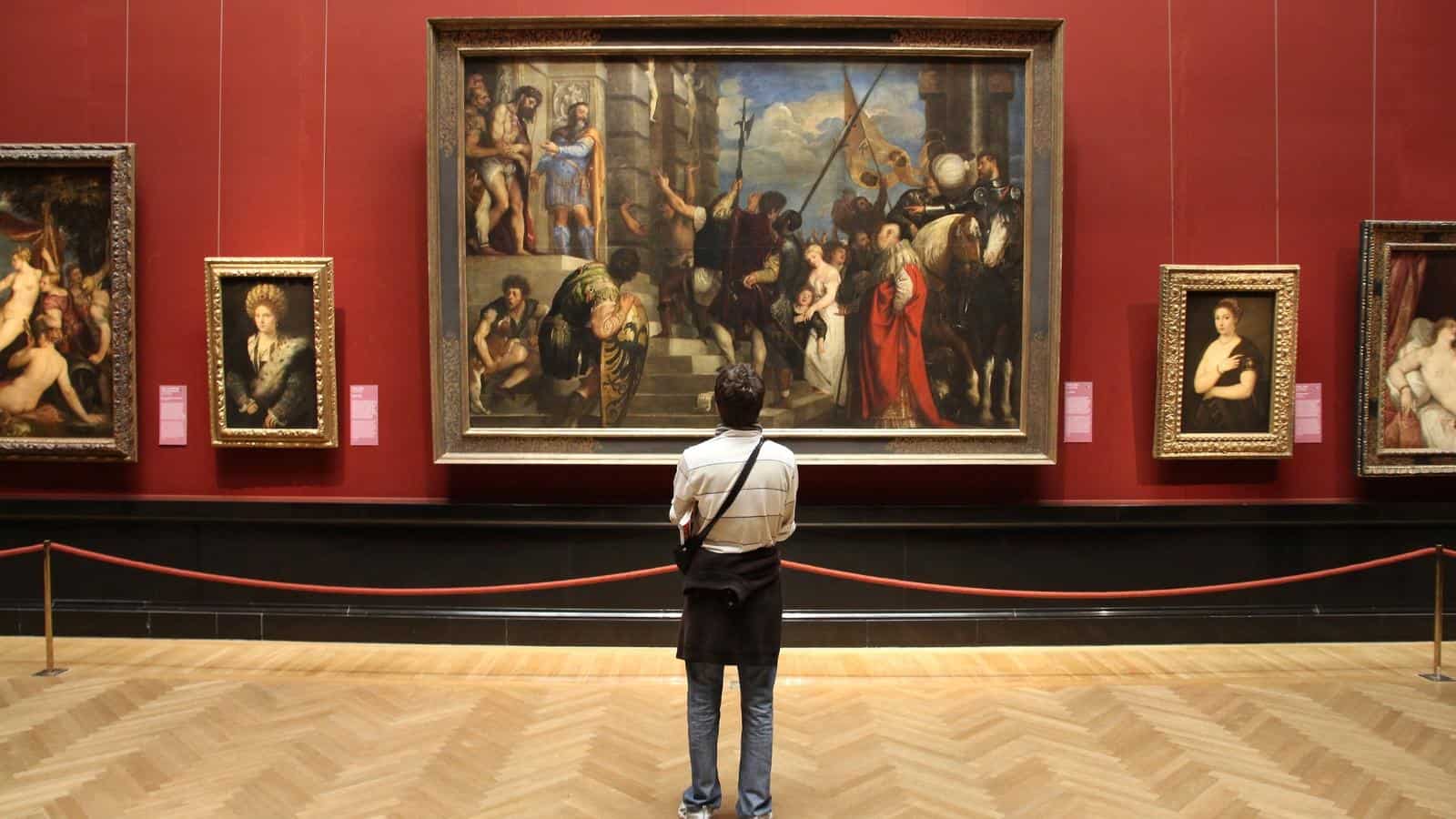“Woke culture” has become a buzzword, sparking countless debates and discussions, and at its core, woke culture is about social awareness and advocating for change—especially concerning issues of social justice, equality, and inclusion. Let’s explore 18 ways woke culture has reshaped the UK.
Language and Terminology

“For those who would broadly consider themselves woke, the word has been weaponised against them,” says The Guardian, and one key problem a lot of people have is that terms that were once commonplace are being reevaluated and replaced to avoid perpetuating stereotypes or causing offence. For example, gender-neutral language has become more prevalent, with many opting for terms like “they” instead of “he” or “she”.
Education and Curriculum Changes

One of the most noticeable impacts of woke culture in the UK is the shift in educational content; schools and universities have begun to include more diverse perspectives in their curriculums. History lessons now feature the contributions and experiences of previously marginalised groups, ensuring a more inclusive and accurate portrayal of the past.
Representation in Media

The media landscape has seen a significant transformation due to this culture, as there is now a stronger emphasis on representing diverse voices and stories. Television shows, films, and advertisements are more inclusive, featuring characters from a variety of backgrounds, ethnicities, and sexual orientations.
Workplace Policies

Woke culture has prompted many UK companies to rethink their workplace policies, with initiatives focusing on diversity and inclusion becoming a priority. Organisations are implementing training programmes to educate employees about unconscious bias, promoting fair recruitment practices, and creating more inclusive work environments.
Political Discourse

Political conversations in the UK have also been influenced by woke culture; politicians and public figures are now more aware of the language they use and the issues they address. Social justice topics such as racial inequality, LGBTQ+ rights, and gender equality have become central to political agendas.
Social Media Activism

A powerful tool for activism, social media lets woke culture thrive, and in the UK, individuals and groups use social media to raise awareness about various social issues, organise protests, and mobilise support for causes. Hashtags like #BlackLivesMatter and #MeToo have gained traction, driving important conversations and actions.
Fashion Industry Changes

The United Kingdom’s fashion industry has also been touched by woke culture, because there is a growing demand for brands to be more inclusive and ethical. Many fashion houses are embracing diversity in their advertising campaigns and runway shows, featuring models of different ethnicities, body types, and gender identities.
Literature and Publishing

Awareness culture has influenced the literary scene as well, by pushing for greater diversity among authors and stories; publishers are more actively seeking works from underrepresented voices, ensuring a wider range of perspectives are available to readers. This movement has led to the discovery of new talents and the publication of stories that might have previously been overlooked.
Public Monuments and Statues

In response to woke culture, the UK has seen a reevaluation of public monuments and statues, and statues commemorating controversial historical figures have been scrutinised—with some being removed or relocated. This reassessment is part of a broader effort to ensure that public spaces reflect modern values and honour figures who represent positive contributions.
Sports and Inclusivity

Sports organisations in the country have also embraced woke culture, making strides towards inclusivity, with initiatives to combat racism, sexism, and homophobia. This ensures a more welcoming environment for athletes and fans alike, and campaigns such as “Rainbow Laces” highlight the importance of LGBTQ+ acceptance in sports.
Healthcare Practices

The healthcare sector is gradually becoming more inclusive, too, and medical professionals are receiving training on how to better serve diverse populations, addressing issues such as racial health disparities and gender-sensitive care. There is also an increased focus on mental health awareness and the importance of providing support to all individuals, regardless of background.
Art and Museums

Woke culture has driven changes in Britains’ art world and museums; institutions are working to diversify their collections, showcasing works by artists from varied backgrounds. Exhibitions are being curated to include more narratives from marginalised communities, offering a more inclusive view of art and history.
Corporate Social Responsibility

Increasingly adopting corporate social responsibility (CSR) practices inspired by woke culture, companies are taking stands on social issues, supporting charitable causes, and implementing sustainable practices. This shift is driven by consumer demand for ethical and socially responsible businesses.
Education on Gender Identity

Another thing becoming more prominent in the UK is education on gender identity, with schools and organisations providing resources and support for understanding and respecting different gender identities. This includes incorporating gender studies into the curriculum and offering guidance for creating inclusive environments.
Impact on Comedy and Entertainment

The comedy and entertainment industry has been shaped by growing awareness, prompting discussions about humour and respect. Comedians and entertainers are more conscious of the content they create, aiming to avoid perpetuating harmful stereotypes or making jokes at the expense of marginalised groups.
Policy and Legislation

Woke culture has influenced UK policy and legislation, leading to more progressive laws aimed at protecting marginalised groups, with anti-discrimination laws, equal pay initiatives, and protections for LGBTQ+ individuals. These legal changes reflect a commitment to creating a fairer and more equitable society.
Academic Research

With a greater emphasis on studying social justice issues, researchers are exploring topics such as systemic racism, gender inequality, and the effects of discrimination. This focus is contributing to a deeper understanding of these issues and informing policies and practices aimed at addressing them.
Music and Performing Arts

Lastly, the music and performing arts sectors in the UK have embraced woke culture by promoting diversity and inclusion. Artists from various backgrounds are gaining recognition, and there is a concerted effort to feature diverse voices on stage and in music.







